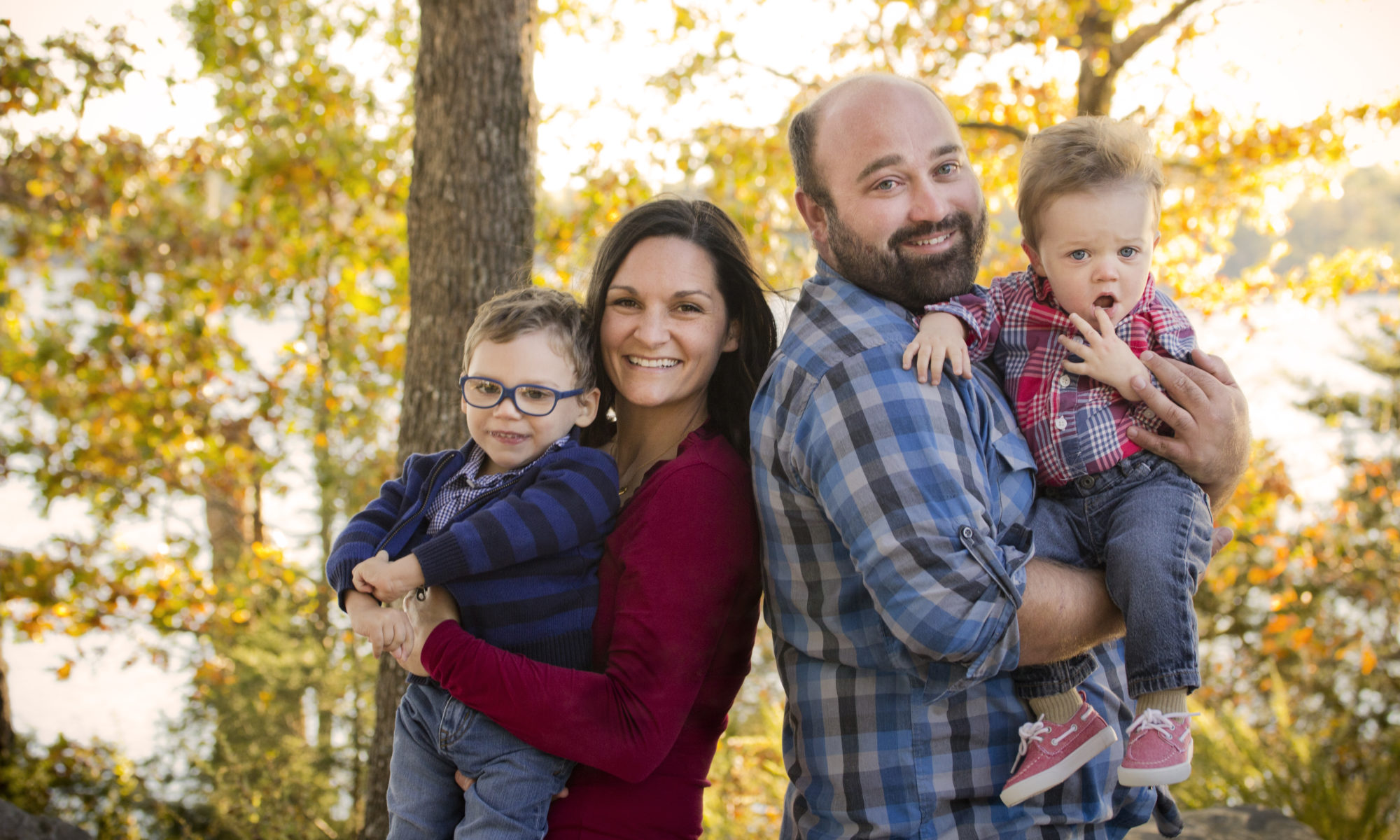 As the months passed, it became more apparent that wasn’t necessarily the case. Among everyone involved in Gage’s life, I think I was the last one to realize this. It seems so odd to say that because besides Evan, I would argue that I know Gage better than anyone else on earth. But I see him through love-tinted glasses. I know not only his body and physical abilities, I get a glimpse at his soul. I will always believe that the very best is possible for him, even if he has a harder time than most. But as my eyes were opened more to reality versus my hope for the future, I began to slip into a state of depression.
As the months passed, it became more apparent that wasn’t necessarily the case. Among everyone involved in Gage’s life, I think I was the last one to realize this. It seems so odd to say that because besides Evan, I would argue that I know Gage better than anyone else on earth. But I see him through love-tinted glasses. I know not only his body and physical abilities, I get a glimpse at his soul. I will always believe that the very best is possible for him, even if he has a harder time than most. But as my eyes were opened more to reality versus my hope for the future, I began to slip into a state of depression.
I remember talking to another special needs parent through the Family to Family network – an outreach from UMKC. As we began to discuss Gage and his outcomes, I confessed that perhaps I’d been living in a state of denial. She shared a story with me about another parent describing it not as living in denial, but rather living in hope. I’ll always remember that turn of phrase, but I have mixed feelings about it. I’ve thought about it time and time again, and just couldn’t seem to pinpoint why that story made me uneasy. If I were living “in hope” rather than denial, but then come to the realization that my child will never be like everyone else and may never achieve the things I’ve wished for him, does that mean I no longer have hope?
Many months later, I’m on the other side of that depression that resulted from the “eye opening.” When I was in the midst of it, I couldn’t keep from crying when people asked how Gage was. I hated the way that felt. When I got the question, “how’s Gage?” I wanted to beam with pride and brag about what an  awesome kid he is, but that wasn’t the reaction I had. I’m not sure why I struggled so much with it, because of course I was so proud of him and do believe he’s an awesome kid. I can easily tell you that now, and could then too after I regained my composure. I credit getting through those dark days to an awesome support system of friends and family and a faith that reminds me that this world and these earthly bodies don’t get the final word. Words that other people have written and shared have also helped me get through and my love Evan has always been my rock, letting me be as weak and vulnerable as I need to.
awesome kid he is, but that wasn’t the reaction I had. I’m not sure why I struggled so much with it, because of course I was so proud of him and do believe he’s an awesome kid. I can easily tell you that now, and could then too after I regained my composure. I credit getting through those dark days to an awesome support system of friends and family and a faith that reminds me that this world and these earthly bodies don’t get the final word. Words that other people have written and shared have also helped me get through and my love Evan has always been my rock, letting me be as weak and vulnerable as I need to.
So, where does that leave me in the denial vs. hope debate? I’m still not sure I have a good answer, but I recently read a quote and thought to myself, “Yes. This.” I don’t have eloquent words to express where I’ve landed with my own feelings, so I’ll share the words of another who might offer a little more clarity. This quote that was shared by another special needs mom is from an artist named Maggie Lindley.
“Hope is one of my favorite emotions because of its humility. It’s not like gladness or joy which stick around just for the good stuff. Hope is my heart’s missionary. It humbly seeks fear and shame and hurt and befriends them. Hope enters the very dustiest parts of my heart, clears out the cobwebs, and whispers of the promise of eternal perfection.”

